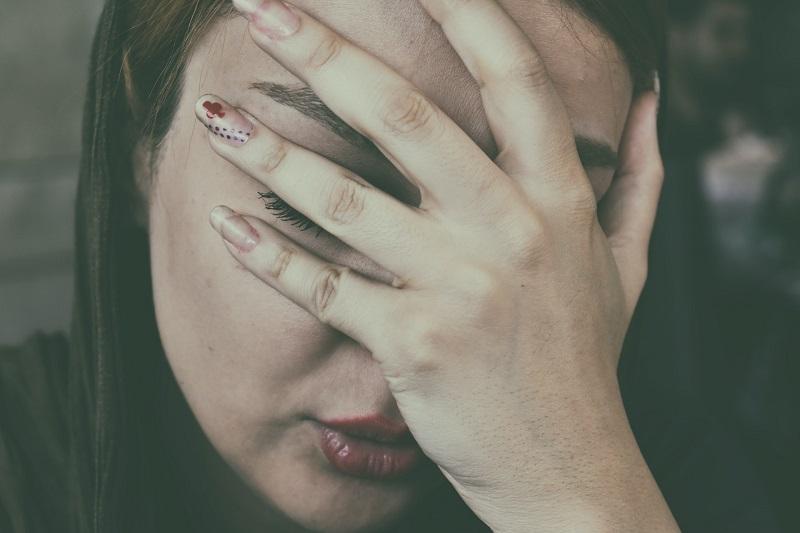Worrying is something we all do, especially in today's fast-paced, ever-changing world. However, constantly being consumed by anxious thoughts can be overwhelming and even harmful to our well-being. Here's a guide to understanding why we worry, and some proven strategies to reduce these feelings and find peace.
Why Do We Worry?
Before jumping into how to end anxious thoughts, it's crucial to understand why we worry in the first place. Worrying is a natural response to uncertainty. It’s our brain's way of trying to predict and prepare for the future. However, when this becomes excessive, it can hinder our daily lives.
Recognizing Anxious Thoughts
- Overthinking: Going over a situation multiple times and focusing on worst-case scenarios.
- Catastrophizing: Always thinking the worst will happen.
- Perfectionism: Believing you must always be perfect and fearing mistakes.
How to Break the Cycle of Worrying

1. Set Aside Worry Time
Instead of allowing anxious thoughts to control your day, set aside a specific time to process these feelings. This dedicated time allows you to address worries without them disrupting your whole day.
2. Stay Present
- Mindfulness: Focus on the present moment. Techniques like meditation can help ground you and prevent the mind from wandering to anxious thoughts.
- Breathing exercises: Taking deep breaths can slow down a racing mind and help you focus on the present.
3. Challenge Your Anxious Thoughts
When you notice an anxious thought, take your first step toward knowing how to end anxious thoughts.
- Ask yourself if it's a legitimate concern or an unnecessary worry.
- Consider if there's any evidence to support your worry.
- Think about possible positive outcomes.
4. Limit Exposure to Stressors
Reducing exposure to known stressors can significantly reduce anxious thoughts. This could mean limiting news consumption or taking breaks from social media.
5. Build a Support System
Talking to someone you trust can be immensely helpful. They can offer a different perspective or simply lend a listening ear. If needed, consider professional therapy to address deep-seated anxious thoughts.
Embracing a Healthy Lifestyle

Believe it or not, your lifestyle choices can have a significant impact on your mental state.
- Exercise regularly: Physical activity releases endorphins, which are natural mood boosters.
- Eat a balanced diet: Ensure you're getting essential nutrients. Avoid excessive caffeine and sugar, which can increase anxiety.
- Get enough sleep: Lack of sleep can amplify anxious thoughts. Aim for 7-9 hours per night.
- Avoid alcohol, cigarettes, and drugs: They can increase feelings of anxiety and make it harder for anxiety treatments to work.
Seeking Professional Help
If anxious thoughts are seriously affecting your quality of life, it may be time to seek professional help. Therapists or counselors can offer coping strategies and provide a safe space to express your feelings.
FAQs
Why do I always think the worst will happen?
This is called "catastrophizing". It's a common pattern of thinking where a person always expects the worst outcome. It can be a result of past experiences or just a habit formed over time. Recognizing this pattern is the first step to challenging and changing it.
Does setting aside a specific time for worrying really work?
Yes, for many people, setting aside a designated "worry time" can be effective. It helps in containing the worry to a specific period and prevents it from taking over the entire day. Over time, you may find that you need less of this time or that your worries seem smaller when you address them head-on.
How can mindfulness help reduce anxiety?
Mindfulness is all about focusing on the present moment. By concentrating on the here and now, you can prevent your mind from drifting to worries about the past or future. Techniques like meditation or simple breathing exercises can train your brain to stay present.
Is talking to someone really beneficial?
Absolutely. Sharing your worries with a trusted friend or family member can provide relief. They might offer a new perspective or just be a supportive listener. If you're not comfortable talking to someone you know, a therapist or counselor can be a great option.
How does exercise help in reducing anxiety?
Physical activity releases endorphins, chemicals in the brain that act as natural painkillers and mood elevators. Regular exercise can help decrease overall levels of tension, elevate and stabilize mood, and improve sleep and self-esteem.
What foods should I avoid if I have anxiety?
It's best to limit foods and drinks with caffeine, like coffee, tea, cola, and chocolate. Excessive sugar can also increase anxiety. Instead, focus on a balanced diet with plenty of fruits, vegetables, whole grains, and lean proteins.







